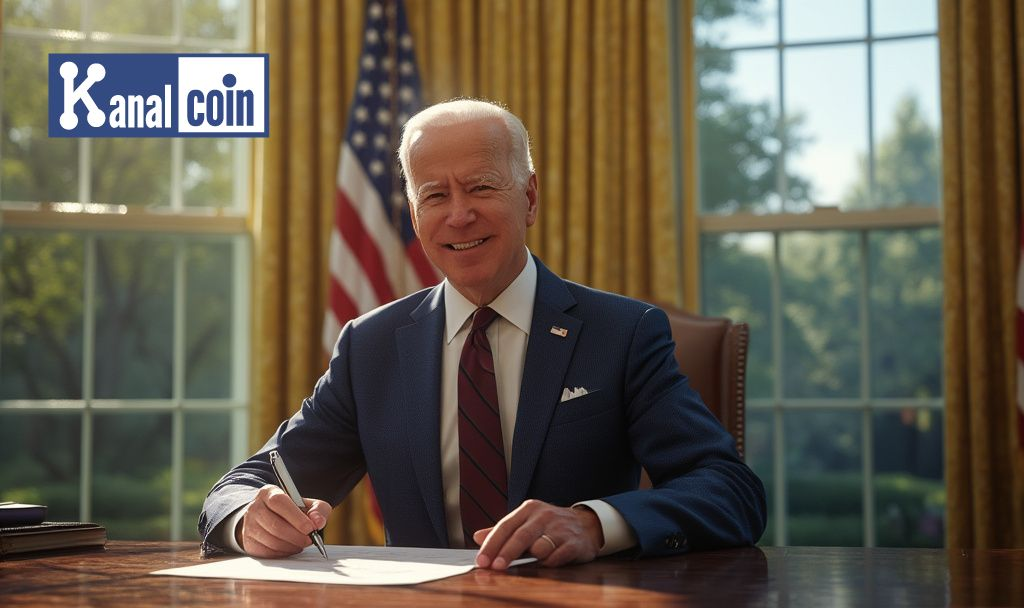
Panama City has begun accepting cryptocurrency for tax and municipal fee payments as of October 2023, becoming the first in the country to integrate digital currencies for government transactions.
This adoption could transform financial transactions, prompting shifts in both local and international crypto markets, and influencing regulatory frameworks in Latin America.
Panama City Initiates Crypto Tax Payments
Panama City’s move to accept cryptocurrency for financial obligations marks a significant step in digital currency integration. The decision aligns with global trends in crypto adoption, reflecting increased acceptance and reliance on digital assets for governmental purposes.
The city’s administration launched this initiative to facilitate modernized payment solutions and cater to tech-savvy residents.
This approach aims to reduce transaction times and costs, ultimately benefiting both the municipal government and the citizens engaging with these digital currencies.
Residents Applaud Crypto-Friendly Tax Policies
Local residents have welcomed the change, considering it a step forward in financial modernization. The acceptance of cryptocurrency for taxes could inspire similar implementations in other cities across Latin America, potentially affecting national financial policies.
Experts suggest this move may lead to increased crypto adoption, influencing both technological and regulatory landscapes. The decision may push regional governments to evaluate data and trends in digital currency feasibility for broader economic strategies.
Panama Follows Swiss and U.S. Crypto Models
This initiative closely follows previous global cases where governments integrated crypto payments, notably in Switzerland and jurisdictions in the United States. Such instances have highlighted the benefits and risks of incorporating digital currencies into public financial systems.
According to Kanalcoin analysts, Panama’s adoption aligns with a broader trend in financial innovation. These changes can provide valuable insights for future monetary policies, as past data typically raises consideration of both security and technological advancements.
“Prior administrations tried to push a bill in the senate to make this possible, but we found a simple way to do it without new legislation. Legally public institutions must receive funds in $, so we partner with a bank who will take care of the transaction receiving in crypto and convert on spot to $. This allows for the free flow of crypto in the entire economy and entire government.” — Mayor Mayer Mizrachi, Mayor of Panama City










